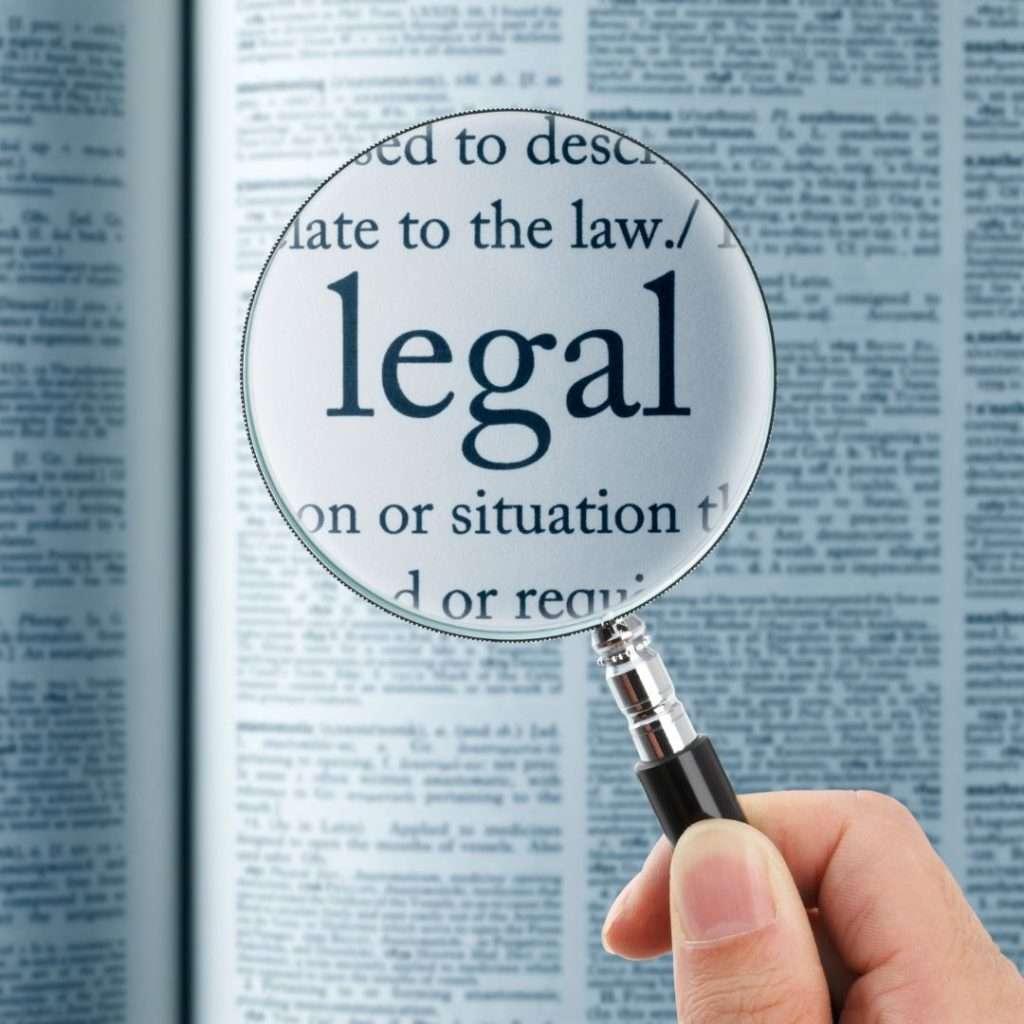Legal Language Simplified: Respond to Claims with Confidence.

Legal Language Simplified: Respond to Claims with Confidence
In today's complex legal landscape,understanding how to respond to legal claims can feel daunting. But it doesn't have to be! This guide will help you simplify legal language, empowering you to approach legal claims with confidence. By breaking down complicated concepts, you can communicate effectively and assert your rights.
What Is Legal Language?
Legal language refers to the specialized terminology and phrasing used in legal documents, contracts, and court proceedings.Often seen as dense and impenetrable, legal language can intimidate those unfamiliar with it. Understanding its components is essential for anyone facing a legal claim.
Understanding the Claims Process
Before you can respond to a claim, it’s crucial to comprehend the claims process itself. Here’s a step-by-step breakdown:
- Receiving the Claim: Claims can be issued in various forms,including letters,official documents,or informal communications.
- Reviewing the claim: Carefully read the claim,taking note of the alleged issues and any specific demands made.
- Gathering Evidence: Compile any relevant documents, communications, or other evidence to support your case.
- Formulating Your Response: Based on your review and evidence, draft a clear and concise response.
- Sending Your Response: Submit your response within the required time frame to avoid adverse consequences.
benefits of Simplifying Legal language
Simplifying legal jargon and terminology not only aids in understanding but also enhances communication effectiveness. Here are some key benefits:
- Enhanced Understanding: Simplified language makes it easier to grasp complex legal concepts.
- Improved Communication: Clear communication can help avoid misunderstandings with all parties involved.
- Increased Confidence: Knowing you understand your rights allows you to respond assertively.
- Reduced Legal Costs: Simplifying communication can lead to more efficient processes and potentially lower legal fees.
Practical Tips for Responding to Claims
Here are some practical tips to help you respond to claims confidently:
- Stay Calm: Emotions can run high in legal matters. Take time to process your feelings before drafting a response.
- Be Concise: Use straightforward language to state your position clearly without unnecessary jargon.
- Document Everything: Keep a record of all correspondences, evidence, and notes related to the claim.
- Consult a Professional: When in doubt, seek advice from a legal professional who can guide you through the process.
Case Study: Responding with Confidence
Consider Sarah, a small business owner who received a claim from a dissatisfied customer. Initially overwhelmed, she followed these steps:
- Received the claim, recognized her emotional response, and took a moment to breathe.
- Read the claim carefully, noting key points of contention.
- Gathered documentation,including invoices and correspondence with the customer.
- Drafted a clear,polite response that addressed the customer's concerns while asserting her position.
- Sent the response within the timeframe, leading to a constructive resolution and maintaining customer relations.
First-Hand Experience: A Legal Professional's Advice
John, a seasoned attorney, recommends the following strategies:
“When responding to legal claims, remember that clear communication can prevent conflicts from escalating. Always focus on the facts, avoid confrontational language, and seek common ground.” — John Smith, Legal Expert
Common Legal Terms Explained
| Term | Meaning |
|---|---|
| Pleadings | Formal documents stating the claims and defenses of each party. |
| Settlement | A negotiated agreement resolving a claim before going to trial. |
| Liability | Legally responsible for a claim or obligation. |
| Revelation | A pre-trial process where parties exchange information and evidence. |
| Judgment | A formal ruling by a judge regarding a case. |
Conclusion
Responding to legal claims doesn't have to be an intimidating process. By simplifying legal language and following the practical tips outlined above, you can respond to claims with confidence. Remember, the key to effective communication lies in clarity and understanding. Equip yourself with the tools you need to navigate your legal challenges, and don’t hesitate to seek professional help when necessary. Empower yourself, and face legal claims head-on!




Responses